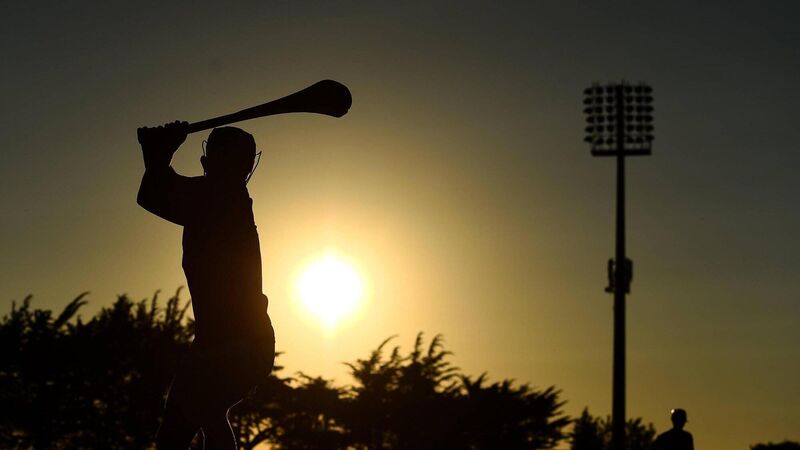Derek McGrath: There is no such thing as a soft inter-county player

Cork will be fuelled by often lazy commentary surrounding their perceived softness. 'In my opinion, there is no such thing as a soft inter-county player' the former Waterford manager writes








